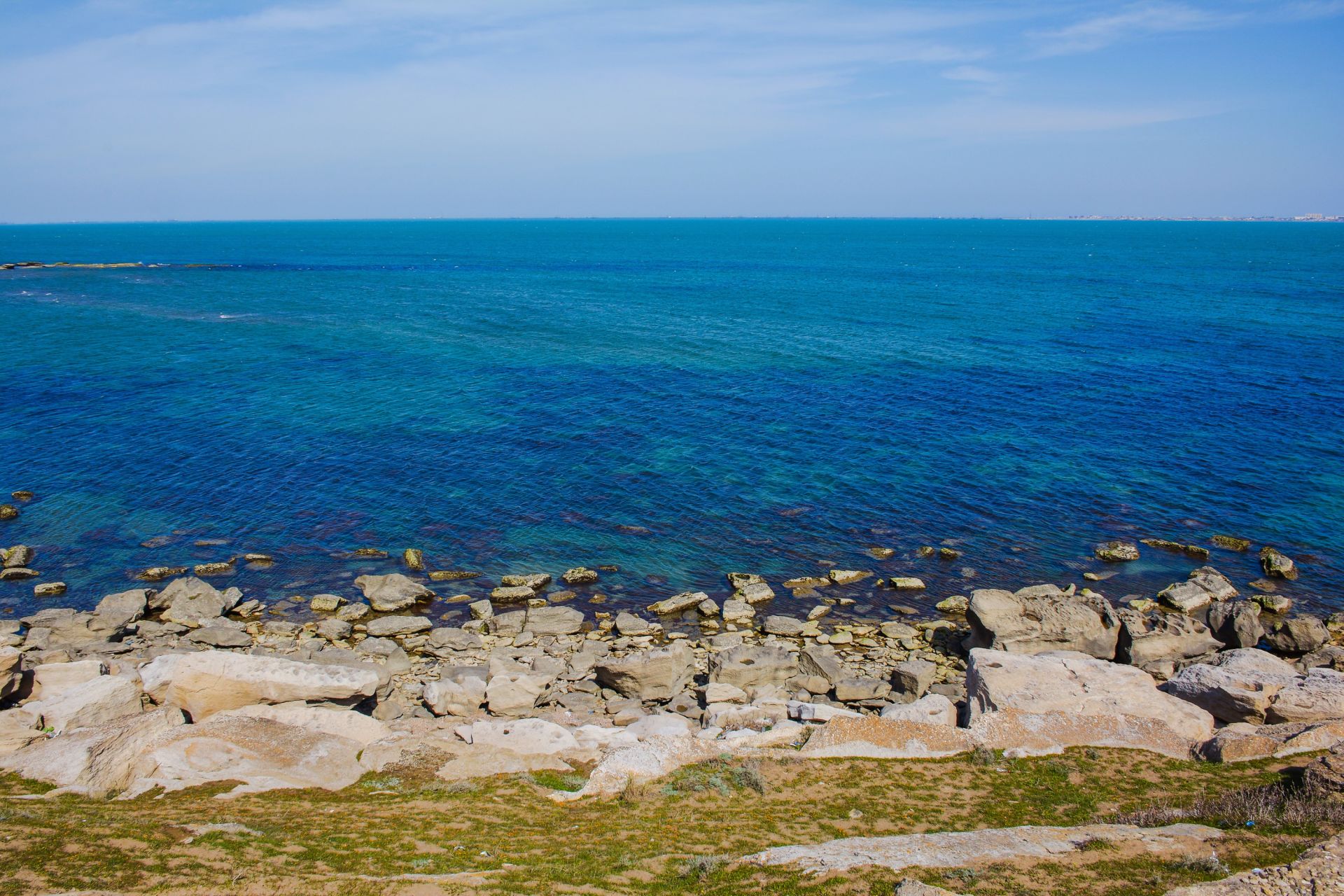Meanwhile, as the boy's (Mohammad) father, a widower, prepares to remarry, he is reluctant for his bride-to-be's family to know about Mohammad. He fears they will see Mohammad's blindness as a bad omen. So he sends Mohammad away to live with, ironically, a blind carpenter. When Mohammad tells the carpenter that he wants not just to feel God, but to see him as well, the carpenter reminds him that God is everywhere: wouldn't you, he asks Mohammad, therefore know him as well as anyone who sees him?
 As the story continues, Mohammad's father's fiance's family learns of the boy's blindness and calls off the wedding. Crestfallen yet now realizing that he can bring Mohammad back, his father fetches him and begins the journey home. Along the way, however, a bridge on which they are walking collapses and Mohammed falls into the water. As the current carries him away, his father hesitates, then goes after him. But soon he, too, is caught up in the swift flowing water.
As the story continues, Mohammad's father's fiance's family learns of the boy's blindness and calls off the wedding. Crestfallen yet now realizing that he can bring Mohammad back, his father fetches him and begins the journey home. Along the way, however, a bridge on which they are walking collapses and Mohammed falls into the water. As the current carries him away, his father hesitates, then goes after him. But soon he, too, is caught up in the swift flowing water.In the closing scene, Mohammad's father finds himself on the shore of the Caspian Sea, shaken but alive. Then he sees Mohammad's lifeless body, washed up nearby. He weeps. As a woodpecker hammers away overhead, his father sees Mohammad's fingers move, seemingly tapping to the sound. Maybe, he thinks, his son finally sees God. Maybe now, in the land beyond death, in the land of green fields and profuse gardens, Mohammad's wishes have come true. He is known as he was created to be.
No comments:
Post a Comment